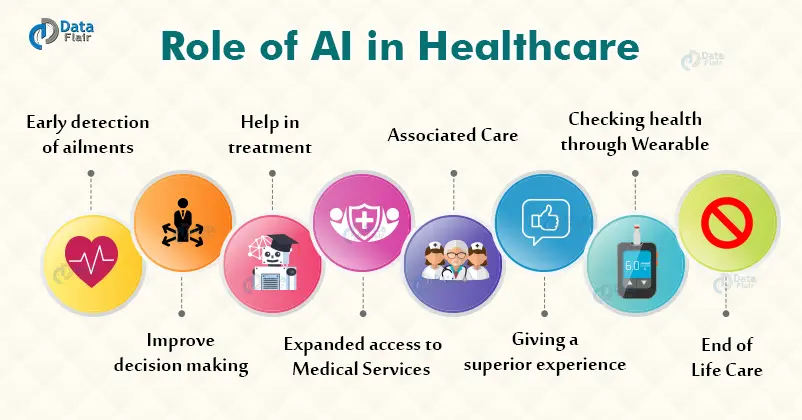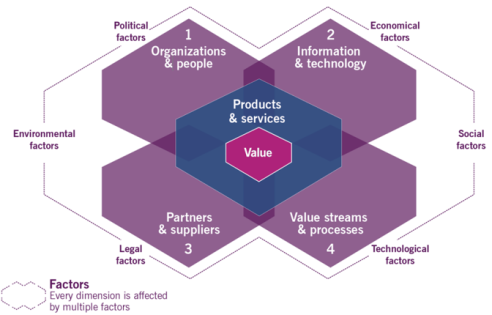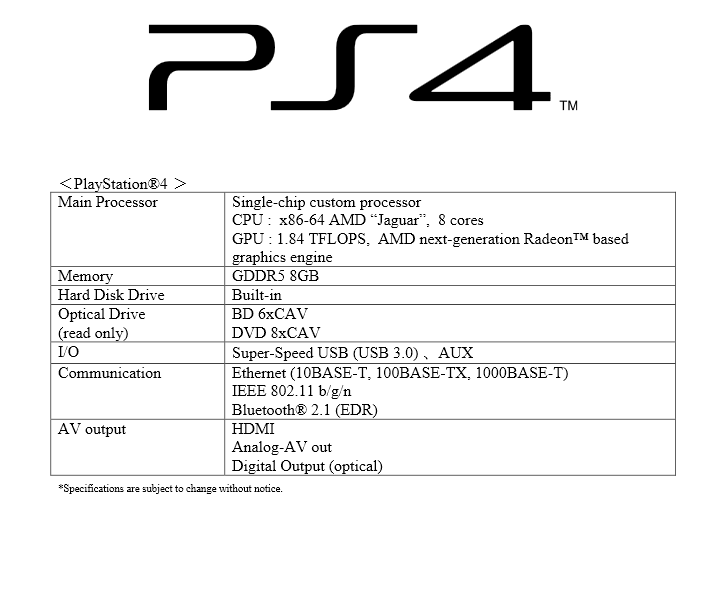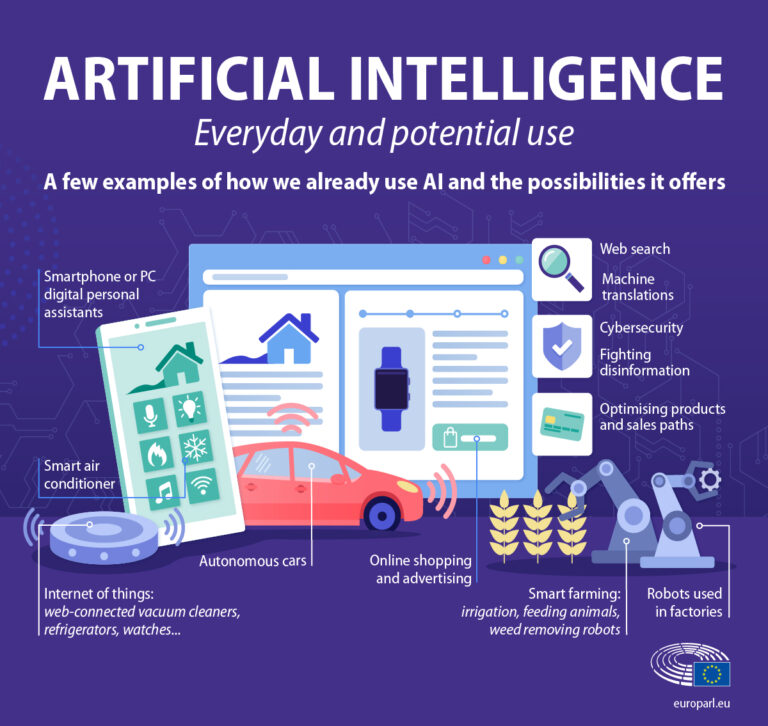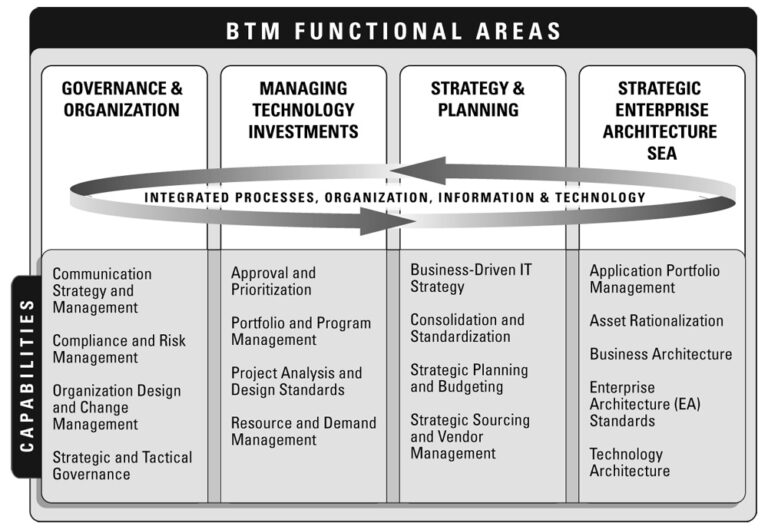What Is An Example Of AI Technology In Healthcare?
AI technology has become increasingly popular in healthcare in recent years, with a range of applications that can help improve patient care and outcomes. AI technology in healthcare can be used for a variety of tasks, such as diagnosis and treatment, administrative tasks, and patient monitoring. An example of AI technology in healthcare is IBM’s Watson for Oncology, a cognitive computing system that helps oncologists make more informed decisions about cancer treatments. Watson for Oncology is capable of reading and understanding vast amounts of medical data, including medical records, research papers, and clinical trials. It then provides oncologists with evidence-based, personalized treatment plans for cancer patients. AI technology in healthcare is also being used to develop virtual health assistants, such as those used for telemedicine consultations, and to automate administrative tasks, such as appointment scheduling.
Definition of Artificial Intelligence (AI)
Artificial Intelligence (AI) is a branch of computer science that studies the development of machines capable of performing tasks that would normally require human intelligence. It uses algorithms and data-driven decision-making technology to solve complex problems and automate processes. AI is used in various fields, such as in healthcare, where it can help analyze large amounts of medical data to detect patterns and anomalies, detect changes in patient conditions, and automate routine processes. AI can also be used to diagnose diseases, predict outcomes, and provide personalized treatments. AI is revolutionizing healthcare and is an invaluable tool for improving patient outcomes. AI technology has the potential to provide more accurate diagnoses, improve patient safety, reduce costs, and improve patient experience. AI technology in healthcare can be used to automate administrative tasks, such as scheduling appointments, ordering supplies, and managing patient records. AI can also be used to monitor patients’ health and alert medical professionals if a patient’s condition changes. AI is a rapidly evolving field, and its potential to improve healthcare outcomes is immense. AI technology in healthcare is revolutionizing the way we provide care, and has the potential to revolutionize the entire healthcare system.
Impact of AI Technology on Healthcare
As technology continues to evolve and improve, Artificial Intelligence (AI) is becoming increasingly prominent in the healthcare industry. AI technology has been proven to be an invaluable tool for healthcare professionals, allowing them to improve the accuracy of diagnoses and treatments, as well as reduce costs and improve patient care. AI is making a huge impact in healthcare, from predictive analytics to automated medical records, and is set to revolutionize the industry.
AI technology has the potential to revolutionize healthcare by allowing doctors to more accurately diagnose and treat illnesses. AI can analyze patient data more quickly and accurately than humans, resulting in more accurate diagnoses and better treatments. Additionally, AI technology can be used to improve the efficiency of many healthcare processes, such as drug discovery, medical imaging, and data analysis.
AI technology is also being used to improve patient care. AI-driven health systems can monitor and analyze patient health data to identify potential health issues before they become serious. This can help doctors provide better, more personalized care, as they can make more informed decisions about treatments. AI can also be used to streamline the billing process, reducing paperwork and eliminating manual errors.
Overall, AI technology is becoming increasingly important in the healthcare industry. AI is making a big impact, from more accurate diagnoses and treatments to better patient care and cost savings. It’s clear that AI is the future of healthcare and that it will continue to revolutionize the industry.
Historical Use Cases of AI in Healthcare
The use of artificial intelligence (AI) in healthcare has been around for decades. Early AI applications focused on expert systems, where AI-driven algorithms were used to analyze a patient’s medical history and offer possible diagnoses and treatments. In recent years, AI has been used to improve both the accuracy and speed of diagnostics, automate administrative tasks, and provide personalized care to patients.
Today, AI is used in a variety of healthcare settings, including primary care, disease management, telemedicine, and pharmacy. Examples of AI technology in healthcare include virtual assistants, chatbots, and natural language processing (NLP) systems that can help automate administrative tasks, such as scheduling appointments or processing insurance claims. Other AI-driven technologies, such as predictive analytics, can help identify potential health risks and provide early intervention. AI-powered diagnostic tools can also help to accurately identify diseases and illnesses, such as cancer, and help doctors to make more informed decisions.
The use of AI in healthcare is rapidly evolving and is expected to continue to grow in the coming years. To stay ahead of the curve, healthcare organizations should consider investing in AI-driven solutions that can help them improve their patient care and increase their operational efficiency.
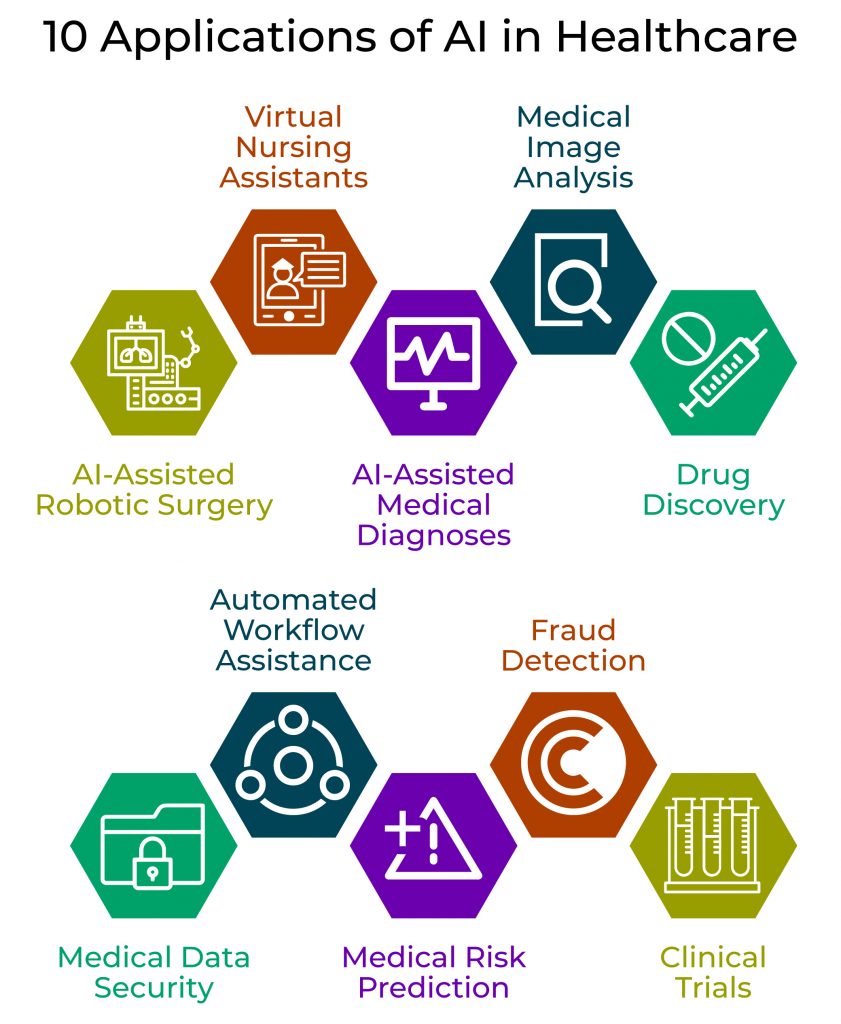
Current Applications of AI in Healthcare
The possibilities of artificial intelligence (AI) in healthcare are seemingly endless. AI technology can help healthcare providers and other medical professionals diagnose diseases, monitor patient health, and manage medical records more efficiently. AI is being used in healthcare to provide personalized, precise, and timely medical care.
AI algorithms are being used to detect cancer and other diseases earlier, and reduce the time needed to diagnose conditions. AI-powered devices such as MRI scanners and X-ray machines can analyze medical images faster and more accurately than ever before.
Robotic surgery is another application of AI in healthcare. AI-powered robots can perform complex surgical procedures with greater precision and accuracy than human surgeons. AI-powered robots can also reduce the risk of surgical errors and allow for remote-controlled surgeries.
AI-enabled virtual assistants and chatbots are helping healthcare providers improve their customer service and patient engagement. AI-powered virtual assistants can help patients book appointments, refill prescriptions, and answer medical-related queries. AI-powered chatbots are being used to provide personalized health advice and support to patients.
Finally, AI technology is being used to reduce medical costs by automating mundane administrative tasks and streamlining healthcare operations. AI-powered healthcare analytics can help reduce healthcare costs by improving patient outcomes and reducing avoidable hospital visits.
From diagnosing diseases to streamlining healthcare operations, AI technology is revolutionizing the healthcare industry. AI-powered healthcare solutions are enabling healthcare providers to provide more personalized and efficient care to patients.
Challenges and Limitations of AI in Healthcare
AI technology in healthcare has the potential to revolutionize the field, offering improved accuracy and efficiency in many applications, particularly in diagnostics and medical imaging. However, the implementation of AI in healthcare is not without its challenges and limitations. In order to maximize the potential of AI in healthcare, it is important to understand the obstacles it faces.
One of the key challenges of AI in healthcare is data availability and quality. For AI to be effective, it needs access to large amounts of high-quality data, which can be difficult to obtain in the healthcare industry. Additionally, the data available may be outdated or incomplete, which can lead to inaccurate results or analysis.
Another challenge of AI in healthcare is the lack of standardization. As AI technology advances, different systems and algorithms may be developed by different vendors, which can lead to inconsistencies in the results. Furthermore, as AI becomes more widely used, it is important to have consistent standards to ensure the accuracy and reliability of the results.
Finally, AI technology in healthcare is still in its infancy, and there are still many unknowns related to its use and potential. As such, it is important to continue researching and developing AI technology in order to fully understand its capabilities and limitations.
In conclusion, AI technology in healthcare is a promising development with many potential benefits, but it is not without its challenges and limitations. In order to maximize the potential of AI in healthcare, it is important to understand the obstacles it faces and continue researching and developing AI technology.
Future Outlook of AI in Healthcare
AI technology is revolutionizing the healthcare industry and is set to be a major player in the future of healthcare. AI is able to streamline processes, simplify data collection, and even diagnose diseases. AI is already being used in many areas of healthcare, from medical imaging to drug discovery, and its use is only expected to grow in the years to come. AI has been described as a “game changer” by many experts, and its impact on healthcare is already being felt. AI can help reduce costs, improve patient outcomes, and potentially create new treatments and therapies. In addition, AI can help streamline and automate complex processes, such as diagnosis, treatment, and assessment. AI can even detect and diagnose diseases, allowing for quicker and more accurate diagnosis. AI is also being used to help develop new treatments and therapies, as well as to improve the accuracy of existing treatments.
AI has the potential to revolutionize healthcare, and its use is only likely to grow in the years to come. AI can be used to automate mundane tasks, streamline complex processes, and even diagnose diseases, all of which can help to reduce costs, improve patient outcomes, and potentially create new treatments and therapies. AI is also being used to develop new treatments and therapies, as well as to improve the accuracy of existing treatments. AI is already having a major impact on healthcare, and its use is only likely to increase in the future.
FAQs About the What Is An Example Of AI Technology In Healthcare?
Q1: What is artificial intelligence (AI) in healthcare?
A1: Artificial intelligence (AI) in healthcare is the use of computer algorithms to analyze and interpret medical data to diagnose diseases, provide medical advice, and recommend treatment plans. AI technology can also be used to improve patient care, streamline administrative tasks, and reduce costs.
Q2: What are the potential benefits of AI in healthcare?
A2: AI in healthcare can help improve patient outcomes by providing more accurate diagnoses and treatment plans. It can also reduce administrative costs, reduce healthcare provider workloads, and improve quality of care.
Q3: What challenges exist in using AI in healthcare?
A3: Although AI has the potential to improve patient care, there are some challenges in using AI technology in healthcare. These challenges include data privacy and security concerns, lack of AI regulation, and difficulty in ensuring accuracy and reliability of AI systems.
Conclusion
AI technology in healthcare is rapidly transforming the industry, allowing for more efficient and accurate diagnosis and treatment. AI technology can be used to monitor patient health, improve accuracy of diagnoses, support personalized treatments, reduce healthcare costs, and improve patient engagement. AI technology has the potential to revolutionize healthcare, and it is already being used in various medical fields. Examples of AI technology in healthcare include machine learning, deep learning, natural language processing, and computer vision. AI technology in healthcare is a rapidly growing field and has the potential to improve many aspects of healthcare.
